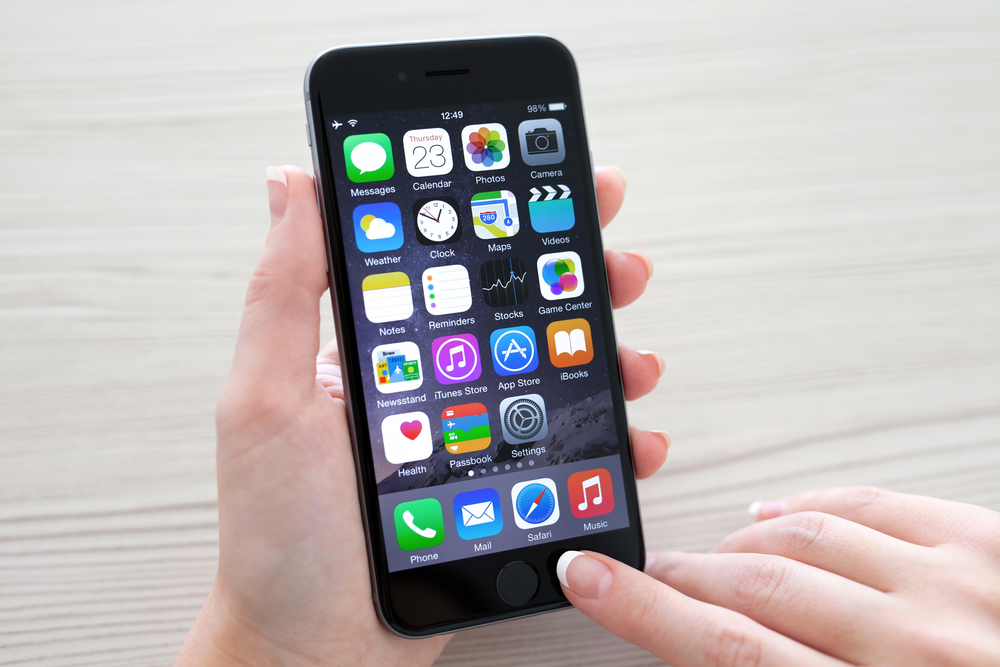
Mobile apps have become an integral part of our lives, with millions of them available for download on various platforms. However, creating a great mobile iOS or Android app is just the first step towards success. To truly make an impact and gain a substantial user base, you need to invest time and effort into marketing your app effectively. In this article, we will share some insider tips and tricks that will help you promote your mobile Android or iOS app and achieve marketing success.
1. Start with a Solid ASO Strategy
ASO (App Store Optimization) is the process of optimizing your app's visibility in app store search results. It involves optimizing various elements, including app title, keywords, app description, and app icon. By implementing a solid ASO strategy, you can increase your app's visibility, drive more organic downloads, and improve your overall app ranking. Conduct thorough keyword research to identify relevant and high-traffic keywords that you can strategically include in your app's metadata.
2. Leverage the Power of Social Media
Social media platforms provide an excellent opportunity to engage with your target audience and create awareness about your mobile app . Create dedicated social media profiles for your app and regularly share engaging content related to your app's features, updates, and promotions. Encourage your users to share their experiences with your app on social media, and consider running targeted ads to reach a wider audience. Engage with your followers, respond to queries promptly, and build a community around your mobile Google Play or App Store app .
3. Collaborate with Influencers
Influencer marketing has gained immense popularity in recent years, and it can be incredibly effective in promoting your mobile App Store or Google Play app . Identify influencers in your app's niche or industry who have a substantial following and engage with their audience. Collaborate with them by offering them free access to your app or sponsoring their content. Their endorsement can help you gain credibility and reach a larger audience, resulting in increased downloads and user engagement.
4. Implement a Referral Program
Referral programs can be a powerful tool for mobile app marketing. Encourage your existing users to refer your app to their friends and family by offering them incentives, such as in-app rewards, discounts, or exclusive features. Implementing a referral program not only helps you acquire new users but also increases user retention as referred users tend to be more likely to stay engaged with your app.
5. Optimize for App Indexing and Deep Linking
App indexing and deep linking allow users to discover and access specific content within your app directly from search engine results. By optimizing your app for app indexing and deep linking, you can increase your app's visibility and drive more organic installs. Ensure that your app's content is easily accessible and indexable by search engines, and implement deep linking to enable a seamless user experience where users are taken directly to the relevant section of your app.
6. Frequently Asked Questions
Q1: How long does it take to see results from app marketing efforts?
A1: The timeline for seeing results from your app marketing efforts can vary depending on various factors, including your app's niche, competition, marketing channels, and budget. It is essential to have a long-term perspective and consistently invest in marketing activities to achieve sustainable growth.
Q2: What are the best channels for app marketing?
A2: The best channels for app marketing depend on your app's target audience and your marketing goals. Some popular channels include social media advertising, influencer marketing, content marketing, app store optimization, and search engine marketing. Experiment with different channels and track their effectiveness to identify the ones that work best for your app.
Q3: How important is app store optimization for app marketing?
A3: App store optimization is crucial for app marketing as it helps improve your app's visibility in app store search results. By optimizing your app's metadata, including the title, keywords, and description, you can increase your app's discoverability among users actively searching for apps in your niche. A well-executed ASO strategy can have a significant impact on your app's organic downloads and overall success.
Q4: Should I invest in paid advertising for my app?
A4: Paid advertising can be a valuable component of your app marketing strategy, especially if you have a budget to allocate. Paid ads allow you to reach a wider audience, target specific demographics, and drive immediate results. Consider experimenting with paid advertising on various platforms, such as social media networks and search engines, to determine which channels deliver the best return on investment for your app.
Q5: How can I measure the effectiveness of my app marketing efforts?
A5: Measuring the effectiveness of your app marketing efforts is crucial to understanding what works and what doesn't. Track key performance indicators (KPIs) such as app downloads, user engagement, retention rate, and revenue. Utilize analytics tools and attribution providers to gain insights into user behavior and app performance. Regularly analyze your data and make data-driven decisions to optimize your marketing strategies.
In conclusion, successfully marketing your mobile app requires a multifaceted approach that combines various strategies and tactics. By implementing a solid ASO strategy, leveraging social media, collaborating with influencers, implementing a referral program, and optimizing for app indexing and deep linking, you can significantly enhance your chances of promoting your app effectively and achieving marketing success. Remember to continuously evaluate and adjust your marketing efforts based on data-driven insights to maximize your app's potential.
Other useful resources
- https://en.wikipedia.org/wiki/Google_Play
- https://www.appguru24.com/apps-directory/android/